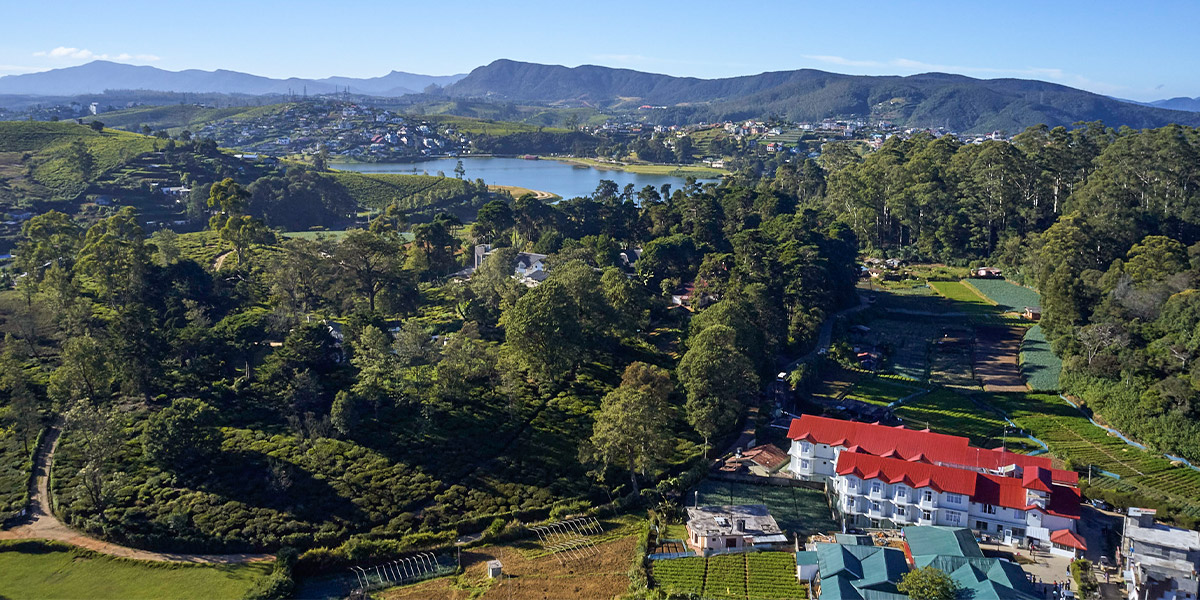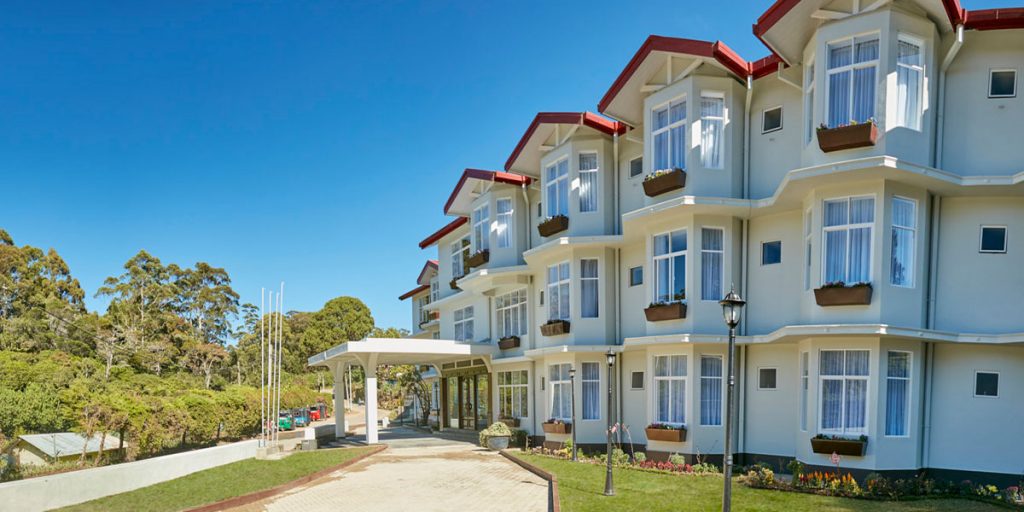There are only vestiges of it left in the town today, but Nuwara Eliya was once an uninhabited network of forests and meadows shaded by Pidurutalagala, the tallest mountain in Sri Lanka. Here’s the history you did not know.
The History
Though now you would be finding all kinds of accommodation in Nuwara Eliya, the city was born completely of British influence after it was discovered to have climates that were comfortable and agreeable to the colonial planters.
The City of Light
The area, which was afterwards named Nuwara Eliya, or “city of lights,” was first visited by John Davy in 1819.
The English Influence
The English were pleased to discover that the climate agreed with growing English vegetables and began to grow strawberries, lettuce and other produce that were consumed by the colonists.
This evolved into growing coffee which was later switched to tea. Both of these experiments were extremely successful. And resulted in the upcountry being dubbed “The Tea Capital of Sri Lanka.”
The Plantation Connection
Since the local populace refused to work on the plantations, the British brought labour over from India and settled them in slums on the estates. Today their descendants make up the demographics of upcountry Tamils who are different from the Tamil population in the North and East of Sri Lanka that was native to the country.
Today, Nuwara Eliya grows vegetables and tea but has evolved into a quaint and beautiful resort town. Resorts like Galway Heights are great places to spend a vacation.

